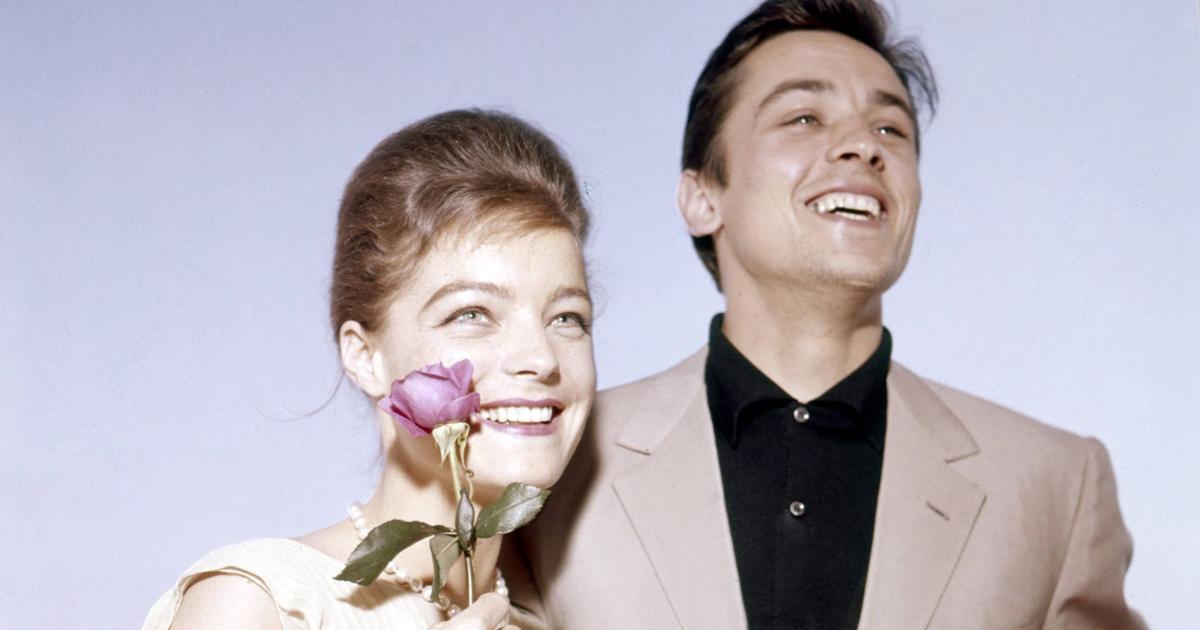January 22, 1963. Charles de Gaulle receives the Chancellor of the German Federal Republic, Konrad Adenauer, at the Elysée Palace.
Together, they sign a Franco-German friendship treaty, after more than a century of rivalry.
The value of the text is symbolic, but it reflects the aspirations of the President of the French Republic for an independent Europe.
A few months later, when ratifying the treaty, the German MPs added a preamble affirming their links with the United States and the United Kingdom.
De Gaulle sees this as a betrayal.
To discover
Crosswords, arrow words, 7 Letters... Free to play anywhere, anytime with the Le Figaro Games app
The destinies of France and Germany have always been intimately linked.
The culture of these countries, as well as their language, Romance for one, Germanic for the other, have mutually enriched each other throughout history.
Thus French words such as "trinquer" (from "trinken", "drink"), "butin" (from "būte", "exchange") or "accordéon" (from "Akkordion", derived of a musical term) were borrowed from German.
Do you know that the same is true in the language of Goethe?
Small selection of French expressions and words that have traveled across the Rhine.
pace
“Er ist ein Mensch ohne Allüren.”
In English:
“He is a man devoid of manners.”
Between the end of the Thirty Years' War and the period following the revocation of the Edict of Nantes in 1685, several thousand French Huguenots emigrated to Germany.
As the Virtual Museum of Protestantism explains, they influence local culture and play a key role in the creation of the Royal Academy of Sciences and Letters in Berlin.
When it was founded in 1700, it had two-thirds of members of French origin.
This is how terms such as “allure” (derived from “to go”, from the Latin “ambulare”) gave rise to “Allüren”, a word used in a rather pejorative way to designate ostentatious behavior.
But no
"'Menno', don't tell me he fell down again!"
Here is an interjection that you will most likely hear at the bend of a square for children.
"Exclamation of anger, indignation or despair"
, can we read in the German dictionary
Duden
, "menno" is taken from the French expression "but not", of the same meaning, which we continue to use frequently in the language of Molière.
May be
Become popular thanks to the street jargon of the Berlin middle class, the expression “etepetete” has been attested since the middle of the 17th century.
She describes a very dressed up, pretentious woman.
Which, you will agree, is very unrepresentative of the ladies of France.
It doesn't matter, the expression comes from the French “être peut-être” which, symbolically, meant “to appear more than to be”.
Read alsoTen words we owe to the Germans
To cry
From the Latin "plorare" ("to lament"), the verb "to cry", that is to say "to shed tears", the meaning with which it passed into the Romance languages, traveled across the Rhine to designate a watery drink, not very rich and bland.
Specifically slim coffee.
Also, if your coffee is called "Plörre", it is very likely that someone is trying to make you understand that your preparation is sock juice, neither more nor less.
Mocha
Always drink.
Itself taken from "Moka", the name of a port in Yemen from which Arabian coffee was exported, "moka" or "mocca" designates, from the 18th century in France, a variety of top quality coffee.
Trade caused the Germans to seize the phrase "fake mocha", once again to describe a thin and bad coffee, and create the word "Muckefuck".
Just like the “Plörre”, it is better to avoid drinking “Muckefuck” when you go to Berlin.

